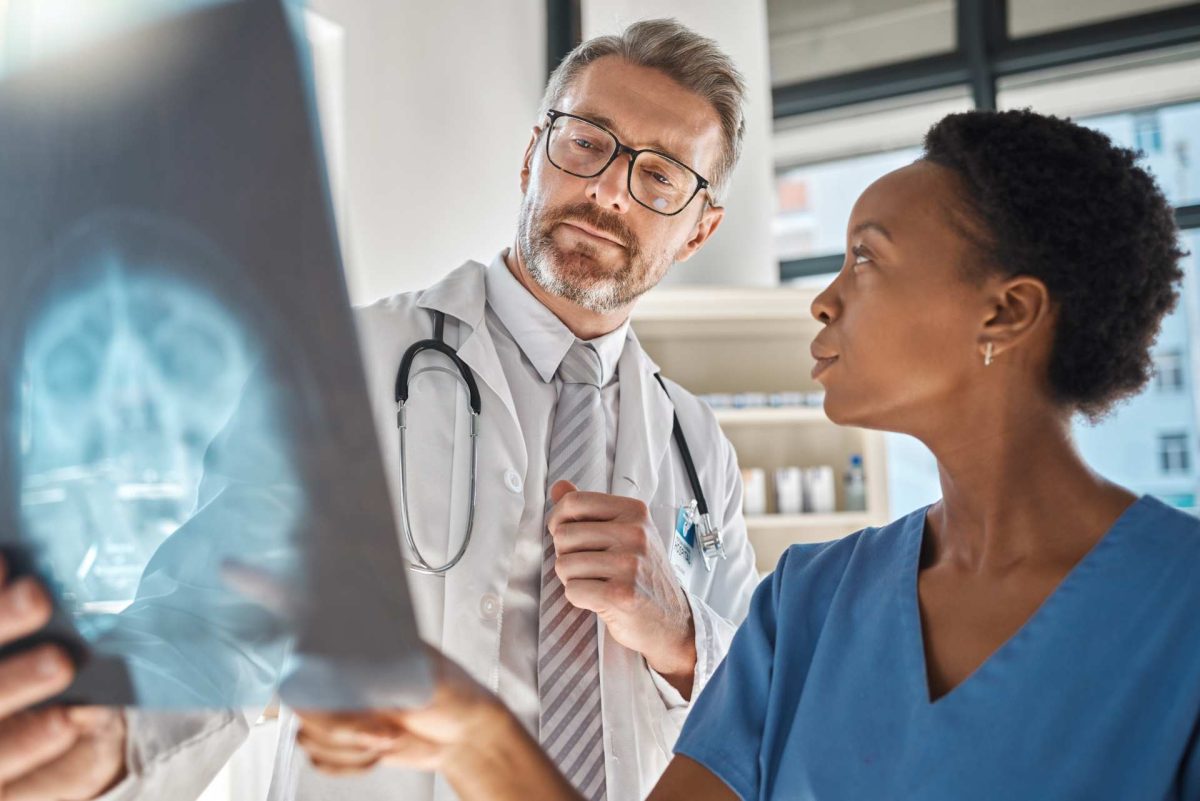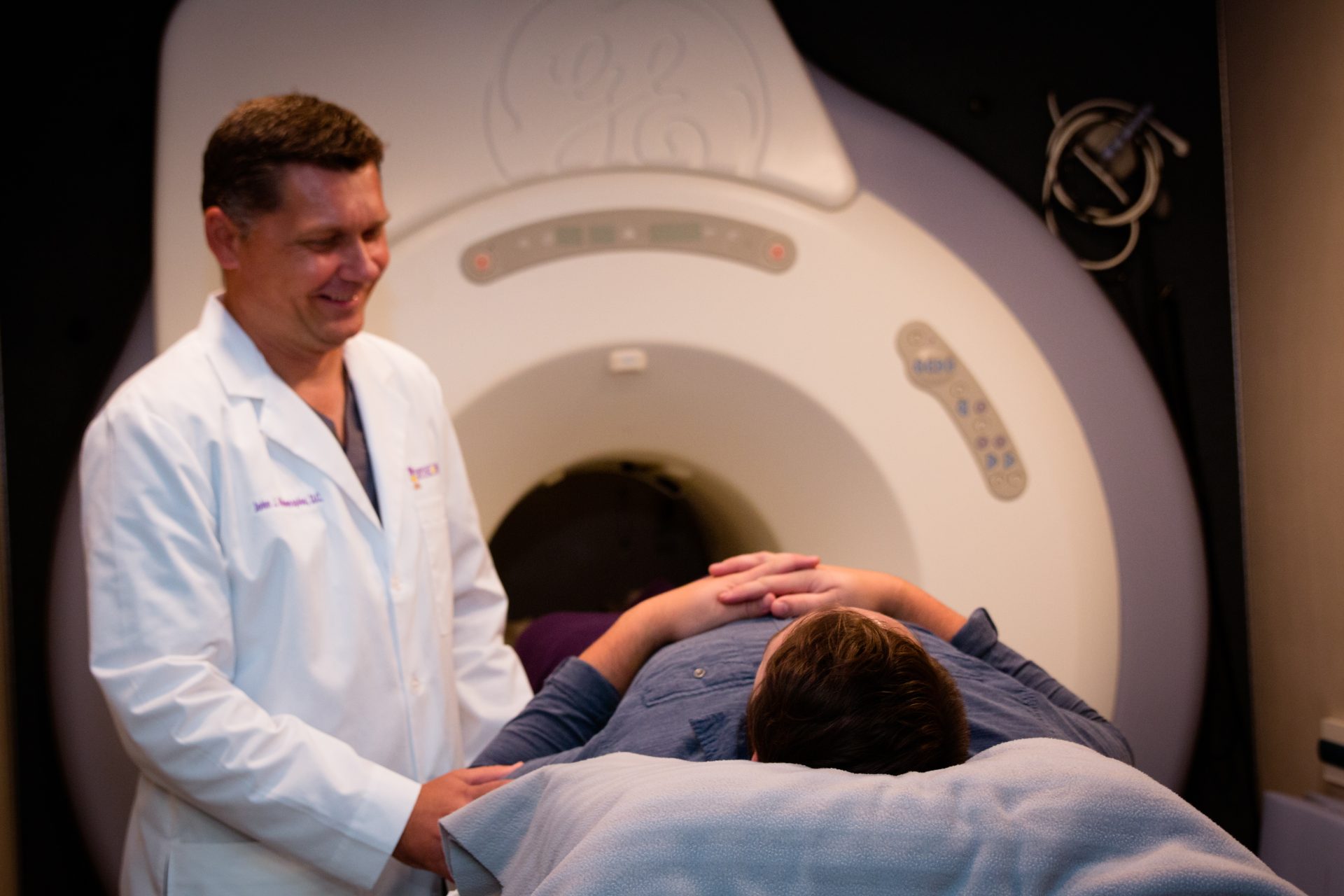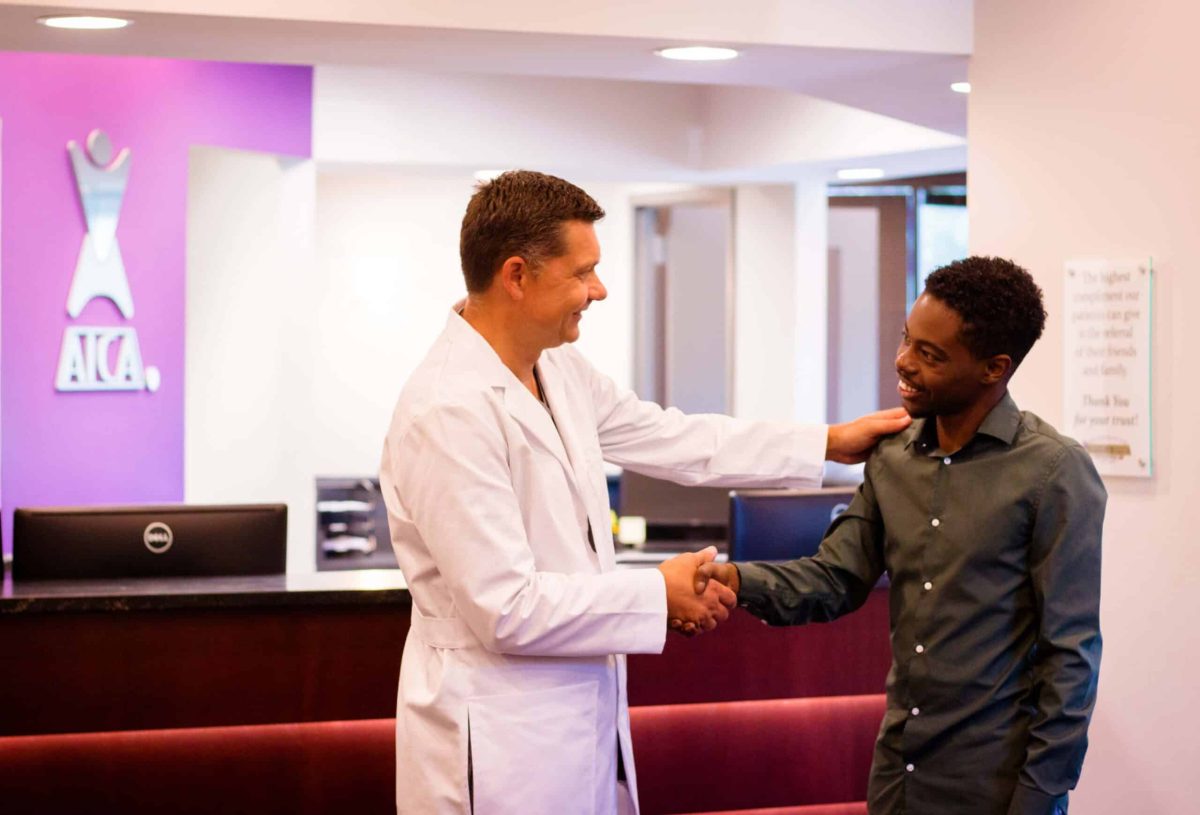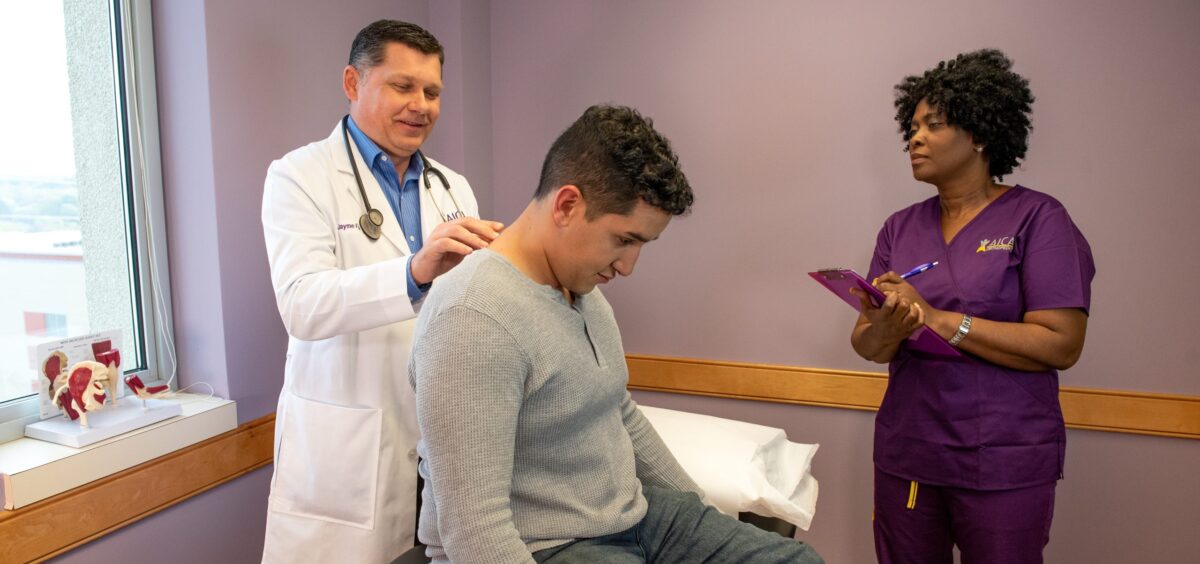Symptoms of Brain Injury After a Car Accident
After a car accident, it’s important to be aware of potential brain injury symptoms, which can include:
- Headaches
- Dizziness
- Memory Loss
- Confusion
- Nausea and Vomiting
- Sensory Problems
- Mood Changes
- Fatigue
If you or a loved one experiences any of these symptoms after a car accident, seek immediate medical attention. Early diagnosis and treatment are vital to prevent further complications and ensure proper care.
Diagnostic Tools for Identifying Brain Injuries from Car Accidents
At AICA Orthopedics, we use state-of-the-art diagnostic tools to accurately identify brain injuries caused by car accidents. Our comprehensive approach ensures that every aspect of your injury is thoroughly evaluated.
- MRI Scans: MRI (Magnetic Resonance Imaging) scans are vital for detecting abnormalities in the brain’s soft tissues. They provide detailed images that help identify issues like bleeding, swelling, or structural damage.
- CT Scans: CT (Computed Tomography) scans offer a detailed view of the brain’s structure, helping to detect fractures, hemorrhages, and other acute brain injuries that might not be visible through other imaging techniques.
- EEG Tests: EEG (Electroencephalogram) tests measure the electrical activity of the brain, identifying disruptions that may result from traumatic brain injuries. This test is crucial for diagnosing conditions like concussions that affect brain wave patterns.
- EMG Tests: EMG (Electromyography) tests assess the electrical activity of muscles and nerves. This test helps identify nerve damage or muscle dysfunction, which can be critical in understanding the extent of injuries related to brain trauma and ensuring comprehensive treatment.
- Neurological Assessments: In addition to imaging tests, our specialists perform thorough neurological assessments to evaluate brain function. These assessments check for problems with balance, reflexes, memory, and cognitive function, providing a comprehensive understanding of your neurological health.
Incorporating these diagnostic tools helps provide a complete picture of the injury, ensuring that all aspects of the patient’s condition are thoroughly evaluated and treated.
Treatment Options for Car Accident Brain Injuries
AICA offers a wide range of treatment options for brain injuries from car accidents. Each patient receives a personalized treatment plan tailored to their specific needs. Our specialists, including experienced neurologists, are dedicated to diagnosing and treating brain injuries, working closely with patients to develop and monitor individualized plans for optimal recovery.
- Medication Management: Medications may be prescribed to manage symptoms such as pain, inflammation, and seizures. Our neurologists carefully select and adjust medications based on your condition and response to treatment.
- Physical Therapy: Physical therapy helps patients regain strength, coordination, and balance. Customized exercises target affected areas, promoting recovery and improving overall functionality.
- Cognitive Rehabilitation: Cognitive rehabilitation focuses on enhancing memory, attention, and problem-solving skills that may be impaired due to brain injury. Our specialists provide targeted exercises and strategies to improve cognitive function.
- Psychological Support: We understand the emotional and psychological impact of brain injuries. AICA offers counseling and support to help patients cope with anxiety, depression, and other mental health challenges related to their injuries.
Managing Headaches and Migraines Post-Car Accident Brain Injury
Headaches and migraines are common after a brain injury from a car accident and can significantly impact daily life. At AICA, we offer effective treatments like to manage these symptoms and improve your quality of life.
- Medication and Pain Management: Our specialists prescribe medications to alleviate headache and migraine pain, including pain relievers, anti-inflammatory drugs, and migraine-specific medications.
- Trigger Identification and Avoidance: We help patients identify and avoid triggers that may cause headaches and migraines, implementing lifestyle adjustments and environmental changes to reduce symptom frequency and severity.
- Therapeutic Interventions: Therapeutic interventions such as physical therapy, relaxation techniques, and biofeedback are used to manage headache and migraine symptoms, aiming to reduce pain and enhance overall well-being.


















